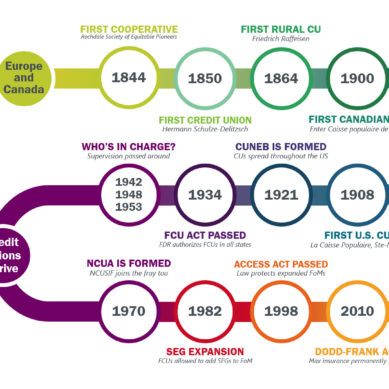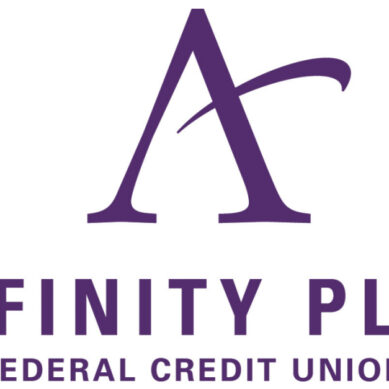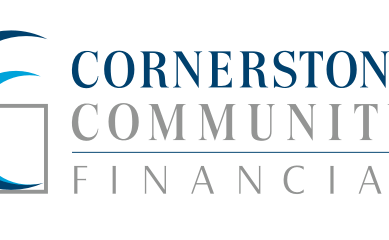New years and fresh starts always seem so great. We get a “clean slate.” The chance to start off on the right foot. And it feels like we have all this time and freedom in the world to accomplish a checklist of new things or to kick old habits.
As we make our goals for the year and set our strategies and plans, we often don’t take potential problems or unexpected costs into consideration, which can result in a huge barrier to reaching our goals. These barriers can even force us to give up on them. I have witnessed this time and again over the years, but never more than I did back in 2020 during the pandemic. I know, I know, we dread hearing that word these days, but it was the perfect example of how everything can go wrong so quickly, and how we need to adapt our marketing as a result.
Looking back
2020 started originally seemed as though it would be nothing special: same stuff, different year. Then for many of us around the world, that line of thinking quickly unraveled amid wildfires, murder hornets, and so much more. Each month seemed to bring a new challenge, and the global pandemic has kept everyone on their toes. Credit unions and CUSOs were no exception to any of these changes and had to find new ways to roll with the never-ending punches the year dished out.
There were quite a few advantages to working at a CUSO during this time. The biggest one was that we were able to hear from credit unions first-hand in a variety of regions and see how they reacted to the sudden changes. As I worked closely with our marketing team on the campaign programs between March and June, I heard one of two responses:
- Stop everything. We don’t want to move forward until things are back to normal, which will happen in no time, right?
- Change everything. Let’s adapt our marketing efforts to fit what’s going on in our members’ lives.
While I understood the thinking of the first approach back in March, you can probably guess that I favored the second approach. While plenty of credit unions hit the pause button and focused primarily on communicating with members regarding their branch and operations changes, there were a few credit unions that stood strong amidst the new adversity. Instead of halting everything, they moved forward with new ideas and refocused their efforts on financial relief and self-service programs.
Credit unions that had planned to market auto loans and checking accounts changed direction and poured their efforts into skip-a-pay program offers and self-services like Online and Mobile Banking, RDC (Remote Deposit), and eAlerts/eNotices. Most credit unions decided to halt all outbound call efforts, at a time when more people were home, had more free time, and would be more interested in hearing from their credit union. This blew my mind: we were no longer in a state of being proactive, and almost everything I saw coming in from clients was consistently reactive. At a time when members needed consistency and reliability, credit unions simply sent messages saying, “We’re open in the drive-thru, can’t wait to see you soon.”
Lessons to learn
Your marketing goals should never be completely dropped or tossed aside. Your marketing plans should be just as flexible and agile as the rest of your credit union operations. While we can’t always predict the next crisis, pandemic, or disaster that could impact our marketing, having a business continuity plan can help you plan for those unexpected circumstances and improve your adaptability.
Credit unions need to be present and accounted for, regardless of changing circumstances, and be able to move with world events, or your members will jump ship to someone who is offering to help. Be the voice of consistency, the helping hand, and the institution that is here to back up your members when they need it the most. Remember we were built on the idea of “people helping people,” and we need to live that daily, whether on the phone, at the teller line, or behind the emails we send out to members.
































































